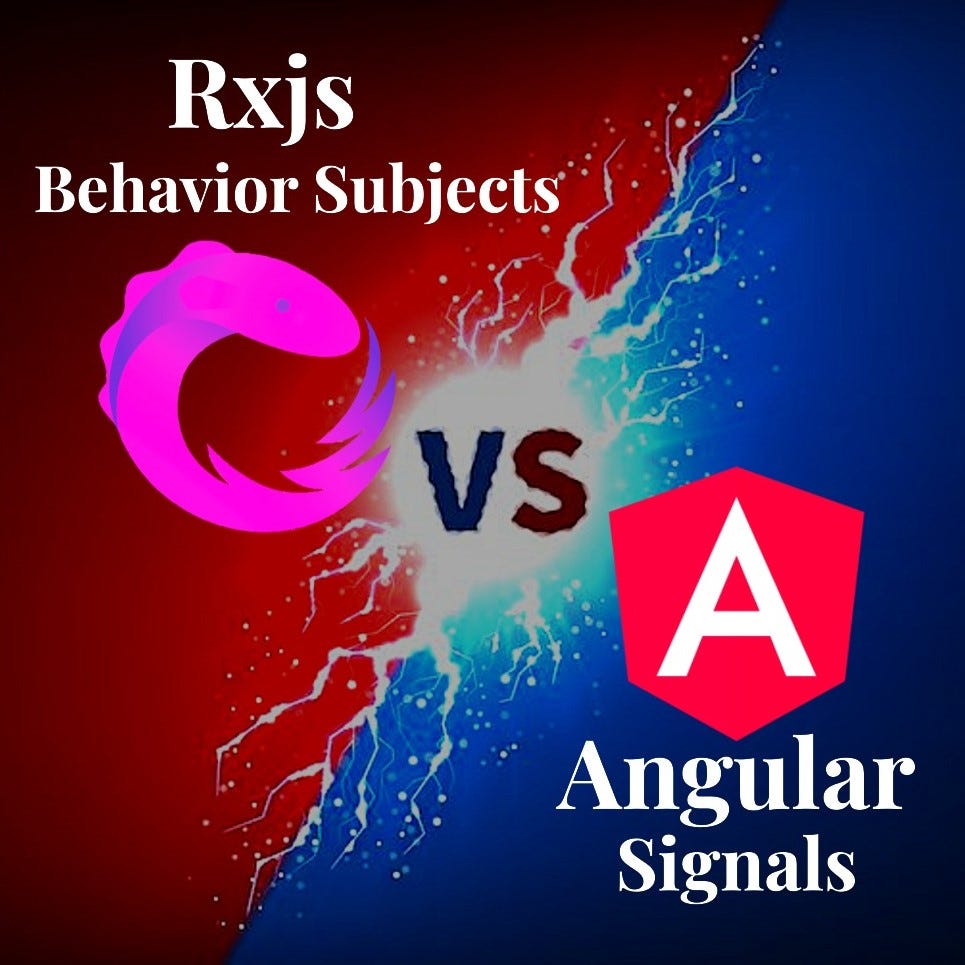When working with data and asynchronous operations in Angular, developers often choose between using RxJS (Reactive Extensions for JavaScript) and the newer Signals approach. Both provide powerful patterns for managing asynchronous data flows, but they come with different paradigms and use cases. As of my last update in Dec 2023, Angular 17 might have introduced or refined these features, so let’s outline the key differences based on what’s known:
RxJS
- Reactive Programming Model: RxJS is based on the reactive programming paradigm, which focuses on data streams and the propagation of change. It allows for the creation, manipulation, and querying of asynchronous data streams using a variety of operators.
- Operators: Offers a wide range of operators for transforming, combining, and manipulating data streams. This can include filtering, mapping, merging, and many more complex operations.
- Multicasting: Supports multicasting, where a single stream can be shared among multiple subscribers, reducing the need for duplicate streams.
- Error Handling: Provides robust error handling mechanisms within streams, allowing developers to gracefully manage and recover from errors in complex data flows.
- Backpressure Handling: Includes features for managing backpressure, or the scenario where data is produced faster than it can be consumed, helping to prevent memory issues and improve performance.
Signals (Assuming reference to a newer Angular or web development concept)
- Simpler API: Signals may offer a simpler API compared to RxJS, focusing on value over time rather than the broad array of operators and concepts in reactive programming. This can make Signals easier to learn and use for some use cases.
- Unidirectional Data Flow: Signals are typically used to represent a single value that changes over time, making them well-suited for simple use cases like UI state management where a more straightforward approach is preferred.
- Performance: Signals might offer performance benefits for certain scenarios, especially where the overhead of RxJS’s more complex functionality is not needed.
- Integration with Angular: Depending on the specific version and features of Angular 17, Signals might be more tightly integrated with the framework, offering smoother development experiences for certain tasks.
- Use Cases: Signals could be preferred for simpler applications or where developers need a straightforward way to manage asynchronous values without the complexity of RxJS. They might not support the same range of operators or patterns but could be more efficient for specific scenarios.
Choosing Between RxJS and Signals
- Complexity of Data Operations: Use RxJS if your application requires complex data transformations, combinations, or needs to manage streams of data over time. RxJS’s operators make it powerful for these scenarios.
- Simplicity and Performance: If your application benefits from a simpler model for tracking asynchronous values or needs to optimize for performance in managing single values over time, Signals might be the better choice.
- Framework and Library Support: Consider what Angular and other libraries you’re using support or recommend. Angular has historically been closely tied with RxJS, but newer versions or updates might offer enhanced support or integration for Signals.
Remember, the choice between RxJS and Signals will depend on your specific project needs, including complexity, performance requirements, and developer expertise.

Leave a Reply
You must be logged in to post a comment.